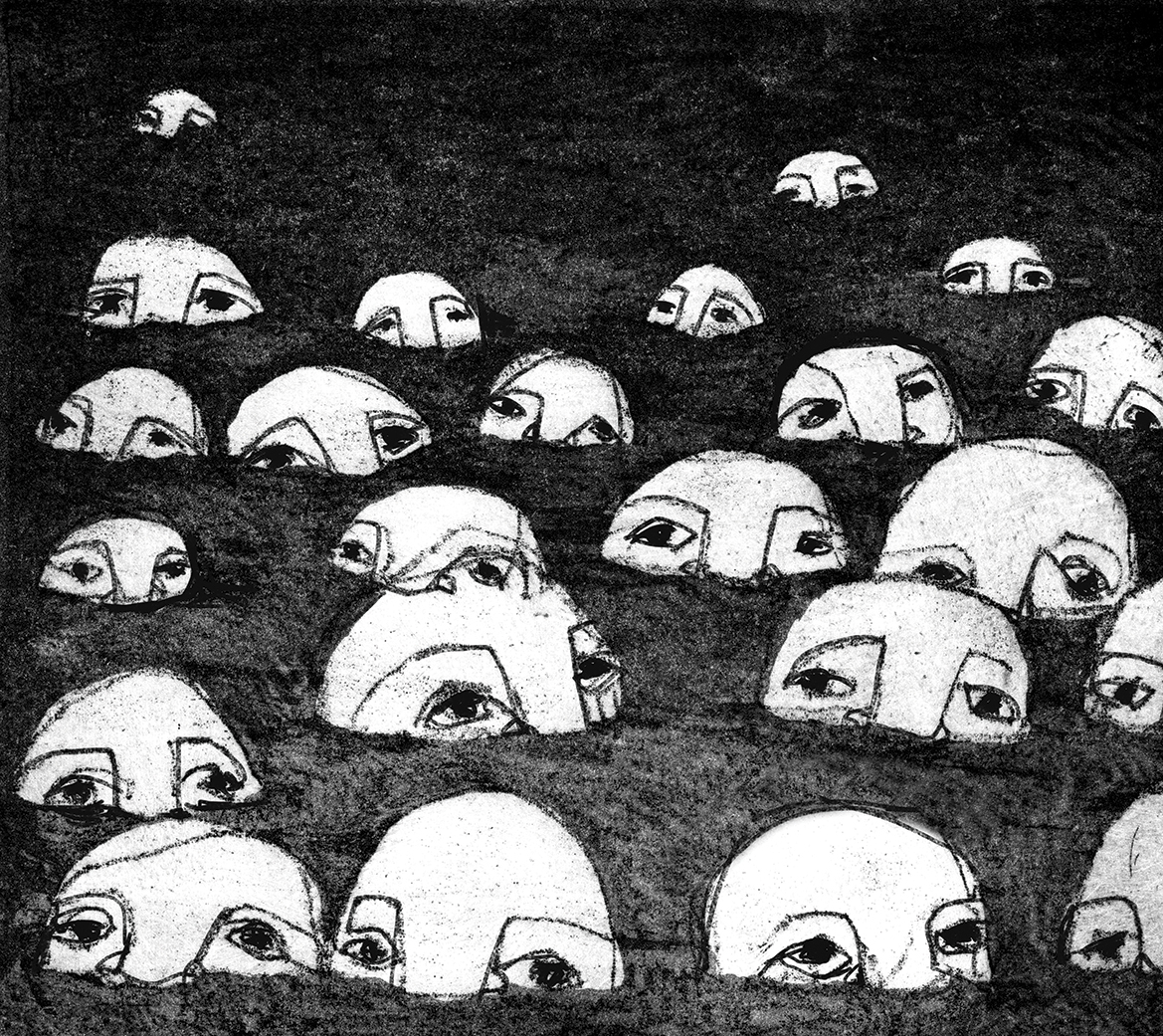Climate change
What is the issue?
Climate change is one of the most serious problems facing humanity, and the proposed way of combating it is a drastic but necessary step: reduce current emissions by half by 2030. Little is being done, however, to enforce the Paris Agreement on climate change, which aims to limit warming to 1.5°C over pre-industrial levels.
The impact of the problem on the lives of people around the world has been recognised as a human rights issue, but the rights of children, who represent almost a third of the global population, are being dangerously neglected. And if governments fail to reduce global warming, its effects will intensify for generations to come.
What is the problem?
The implications of climate change for human rights are dire. Studies demonstrate that climate change will increase droughts, floods and hurricanes, which will in turn lead to an increase in disease outbreaks, malnutrition and destruction of habitats. This will affect the full range of human rights, including children’s right to life, survival and development, health, and to an adequate standard of living.
People in developing countries are bearing the brunt of climate change - a burden that will only increase over time. For today’s children and future generations of children, the problems will condition their future prospects, livelihood and wellbeing. Unfortunately, States have largely been focusing on mitigating the damage caused by climate change, rather than an upheaval of the practices that created the problem in the first place.
What is the solution?
According to youth climate activist, Greta Thunberg, what needs to change is governments’ approach to climate change. She says there is a systemic lack of political will and no sense of urgency among governments which - still more concerned with economic growth - only approach climate change with pragmatism. In her words: “Until you start focusing on what needs to be done, rather than what is politically possible, there is no hope.”
But people are increasingly taking a stand against their government’s inaction. All over the world, movements of people are holding mass protests against climate change, including many children and young people engaging in civil disobedience by conducting school walkouts. More and more governments are also being taken to court by their citizens, including children, for their failure to tackle climate change, including in Colombia, the United States, Portugal, Germany, India and New Zealand.
What is CRIN doing?
Children’s Access to Environmental Justice
Read more about this project here.
Protecting children from harmful chemicals in the EU
Read more about this project here.
Related areas of focus
Resources
Our strategy: Climate justice
Webinar: An interactive discussion on children’s access to climate justice | Online side event to COP-26
UN submission: Climate change and the enjoyment of children’s rights - CRIN
Analysis: Climate change and children's right to a clean environment
Briefing: States’ human rights obligations in the context of climate change - CIEL
Article: ‘Child rights at risk: the case for joint action on climate change’ - UNICEF
Legal case: Timeline of the Juliana v. United States youth climate lawsuit
News: School climate strikes as ‘the beginning of great change’
Litigation: Examples of climate change litigation around the world
Home > Issues > Climate change
Related content: A-Z index rights issues, Environment, Toxics





